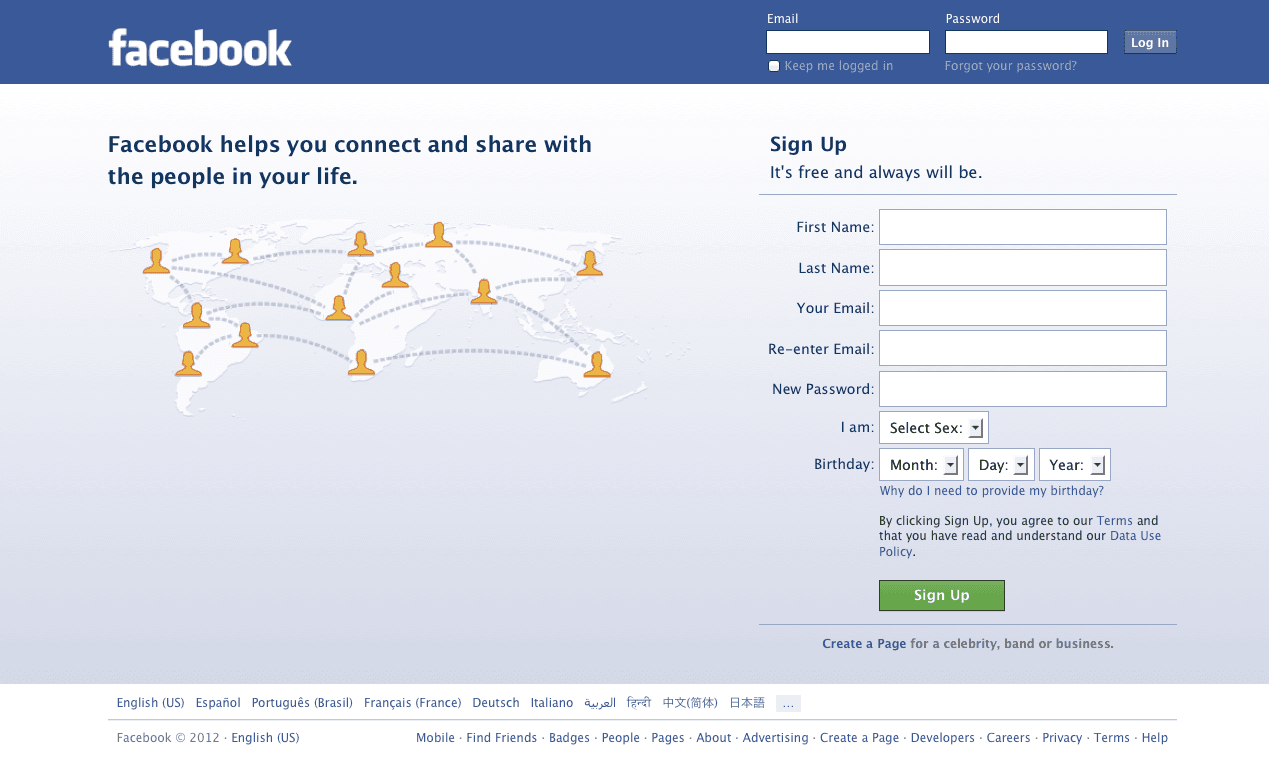Cyber bullying troubles Indiana middle school
The ACLU is suing an Indiana school district after administrators expelled students for posting violent threats on Facebook. (Photo from Facebook.com.)
A school’s right to define and punish cyber bullying is being tested at Griffith Middle School.
In a case set to be heard in federal court soon, the Griffith Public Schools administration will defend its decision to expel three female students for violating school rules regarding bullying, harassment and intimidation.
Regina Webb, mother of an eighth grade student who was targeted in the abusive Facebook posts, thinks the students who were expelled were justly punished.
“They’re creating a hostile learning environment for my daughter and the other people named in the exchange.” Webb said. “And why should my daughter or the other kids fear going to school?”
Webb said the students’ Facebook posts described detailed plans to light other students on fire. She brought the posts to the attention of school authorities.
In a recent article written for The Atlantic, author and lawyer Wendy Kaminer argued the students should not have been expelled for their Facebook conversation.
“There is a big difference between a threat that is intended to be taken literally and intended to terrorize somebody, and a joke, however vicious. The kind of nasty and stupid banter that teenage girls sometimes engage in, especially on Facebook,” Kaminer said.
As a lawyer, Kaminer is especially concerned with how the case expands schools’ power. She doesn’t think school administrators should be allowed to punish students for actions made while off campus.
“The school represents the government. Do we really want to say that when people are mean to each other it’s the business of government to come in and punish them? I don’t think so,” Kaminer said. “It’s such a gross overreaction and an abuse of power for the schools to start assuming jurisdiction over personal conversations that students have on their own time, off school campus, that has no substantially disruptive effect on what’s going on in school.”
In a statement, ACLU of Indiana staff attorney Gavin Rose, who is representing the girls who were expelled, said the girls’ Facebook conversation did not constitute a substantive threat. The ACLU argues the students’ use of emoticons and frequent use of comic abbreviations such as “LOL” establish their tone as humorous.
“Any reasonable person could see the conversation was purely in jest and could not be interpreted seriously,” Rose said. “Free speech rights under the First Amendment, even when it’s speech we don’t like or agree with, must still be protected, and schools do not possess infinite reach into the private lives of their students.”
But for the parents of the students who were targeted, the Facebook exchange seemed less than funny.
In an interview with The Post Tribune, Monica Hero, a parent of one of the other students named in the Facebook exchange, said the ACLU lawsuit sends the girls who participated in the controversial cyber bullying the message they did nothing wrong.
“That is just common sense,” Hero said. “You can’t go to an airport and say ‘I’ve got a bomb.’”
Webb thinks such incidences of bullying are evidence of more serious concerns.
“When you’re going as far as three pages of saying how you would like to kill somebody, how you would like to put paper towel around the handle of a box cutter as to not leave any finger prints, how you would like to put someone in a bathtub of acid to get rid of evidence, to me, that’s not typical banter between teenagers, that’s demented,” Webb said. “I think there’s deeper issues there.”
